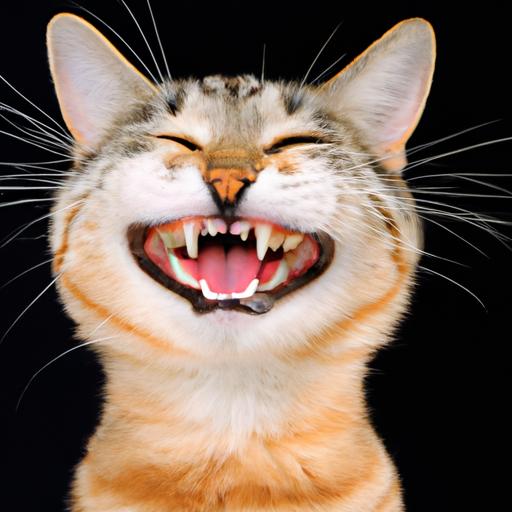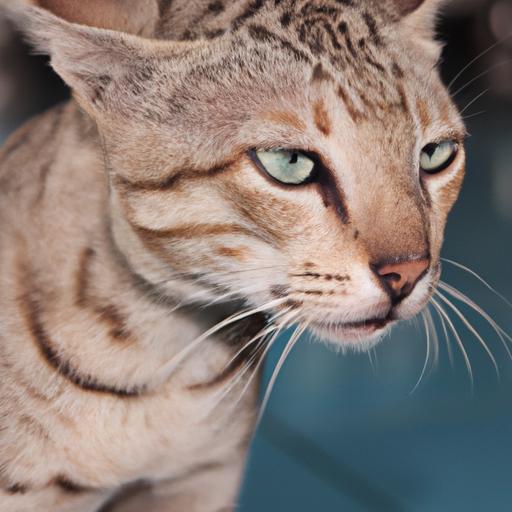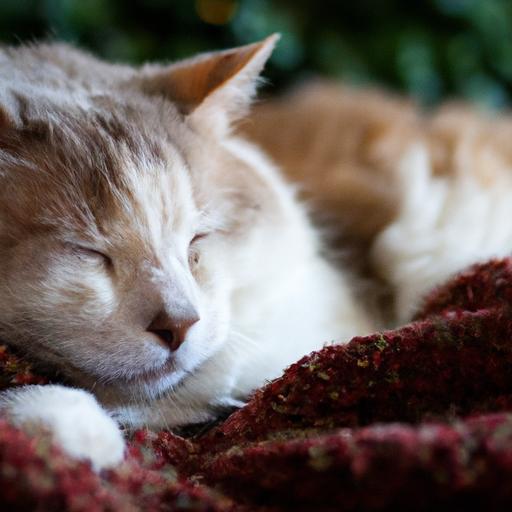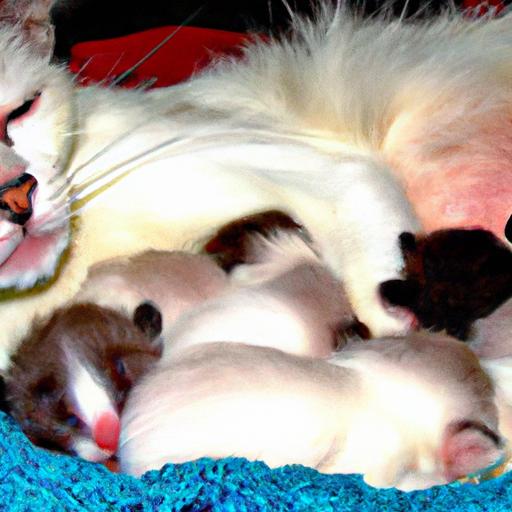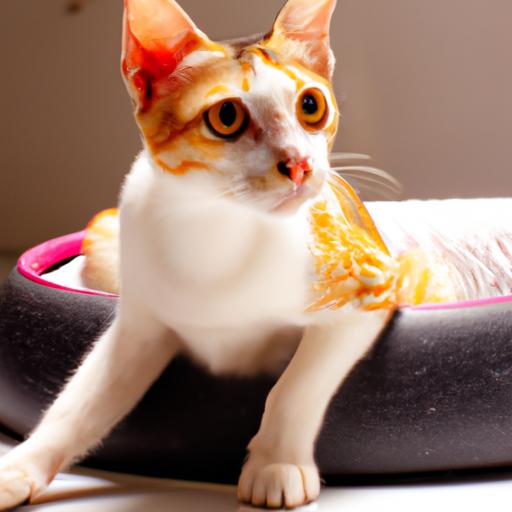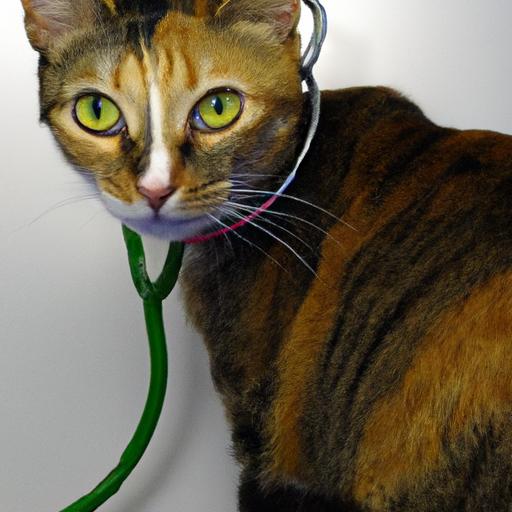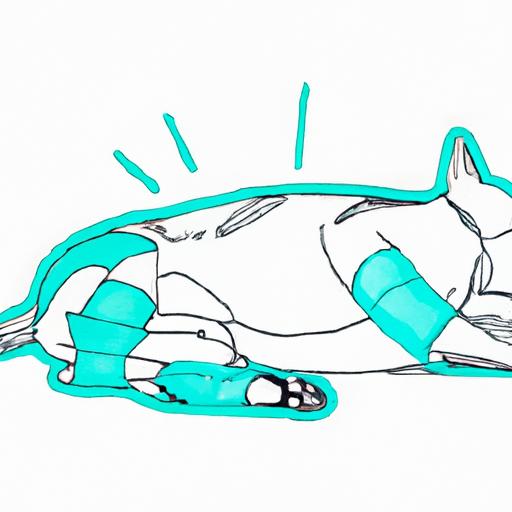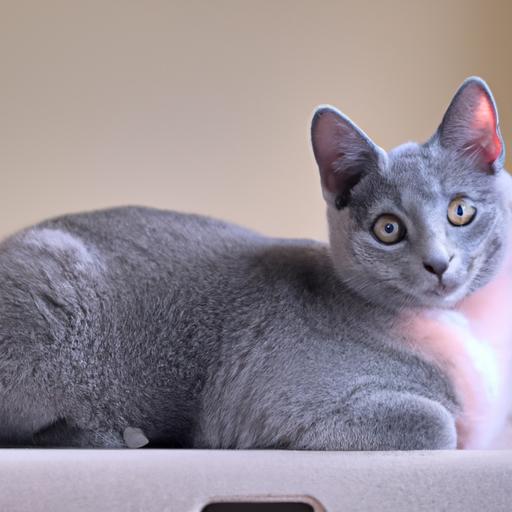.jpg)
Recognizing Signs of Feline Inflammatory Bowel Disease (IBD)
Learn how to recognize signs of feline inflammatory bowel disease (IBD) in cats. Discover common symptoms, causes, and treatment options.
Introduction to Feline Inflammatory Bowel Disease (IBD)
Feline Inflammatory Bowel Disease (IBD) is a condition that affects a significant number of cats worldwide. It is important for cat owners to be aware of the signs and symptoms of IBD to ensure early detection and appropriate treatment. In this article, we will discuss how to recognize the signs of feline IBD and the importance of seeking professional veterinary care.
Recognizing the Signs of Feline Inflammatory Bowel Disease
Common symptoms and behaviors exhibited by cats with IBD
Cats suffering from IBD may exhibit a range of symptoms and behaviors that indicate gastrointestinal distress. These can include chronic vomiting, diarrhea, and changes in appetite. It’s important to note that these symptoms may vary in severity from cat to cat. If your cat exhibits any of these signs consistently, it is advised to consult a veterinarian for further evaluation.
Dietary changes and weight loss as potential indicators of IBD
One common sign of feline IBD is a sudden change in appetite or preferences for certain types of food. Cats with IBD may experience discomfort or pain when eating, leading to a decrease in food intake. As a result, they may start losing weight. If you notice a significant and unexplained weight loss in your cat, it is crucial to have them examined by a veterinarian.
The role of vomiting, diarrhea, and changes in stool consistency
Vomiting and diarrhea are two common symptoms associated with feline IBD. Cats with IBD may vomit frequently, which can range from occasional to persistent. The vomit may contain undigested food or bile, and in severe cases, it may even contain blood. Additionally, cats with IBD often experience diarrhea, which can be chronic or intermittent. Pay attention to any changes in stool consistency, such as increased frequency, loose stools, or the presence of mucus.
Frequently Asked Questions (FAQ) about Feline Inflammatory Bowel Disease
What are the potential causes of IBD in cats?
The exact cause of feline IBD is not yet fully understood. However, various factors are believed to contribute to its development, including genetic predisposition, abnormal immune response, and dietary sensitivities. It is important to work closely with your veterinarian to determine the underlying cause of your cat’s IBD and develop an appropriate treatment plan.
Is IBD a life-threatening condition for cats?
While IBD itself may not be life-threatening, if left untreated or poorly managed, it can lead to severe complications and a decline in your cat’s overall health. This is why early diagnosis and intervention are crucial. With proper treatment and ongoing care, many cats with IBD can lead happy and healthy lives.
Can IBD be cured or only managed through treatment?
Unfortunately, there is currently no known cure for feline IBD. However, with the right treatment plan, the symptoms can be managed effectively, allowing your cat to experience relief and improve their quality of life. Treatment options may include dietary modifications, medication, and supportive care.
Are there specific cat breeds more prone to developing IBD?
While any cat can develop IBD, certain breeds, such as Siamese, Abyssinians, and Maine Coons, may have a higher predisposition to the condition. However, it is important to remember that IBD can affect cats of all breeds and mixed breeds alike.
Conclusion
In conclusion, recognizing the signs of feline Inflammatory Bowel Disease (IBD) is crucial for early intervention and effective management. Cats with IBD may exhibit symptoms such as chronic vomiting, diarrhea, weight loss, and changes in appetite. It is important to consult a veterinarian if you notice any of these signs in your cat. Remember, with proper diagnosis, treatment, and ongoing care, cats with IBD can lead happy and comfortable lives. Stay vigilant and prioritize your cat’s well-being by seeking professional veterinary care when necessary.
